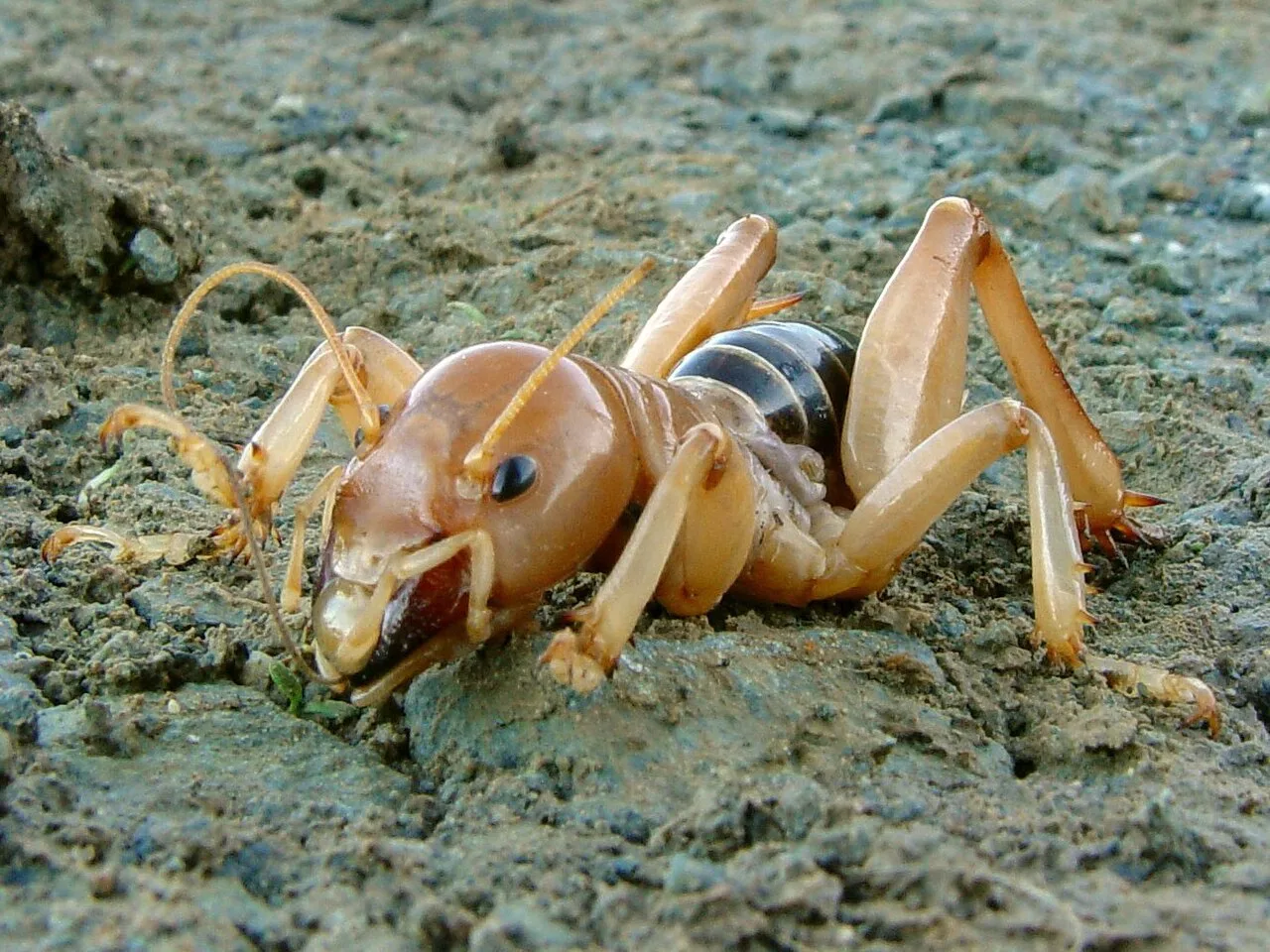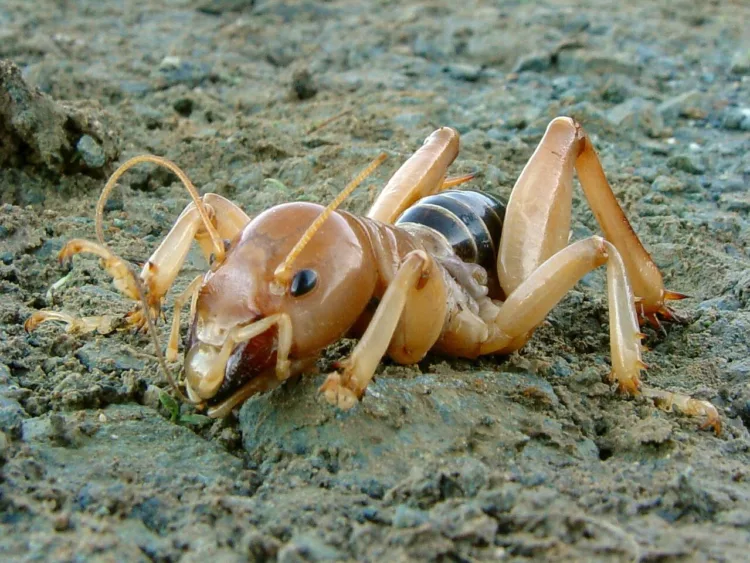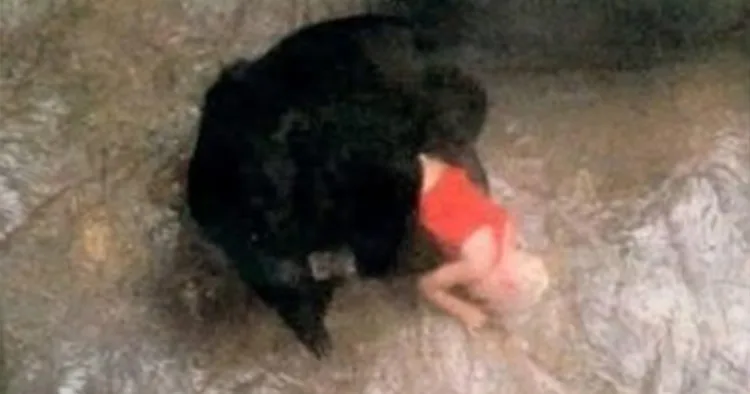Gardening gracefully is no picnic, a lesson I’ve learned through trial and error. Something invaluable I wish I had learned earlier: Jerusalem crickets, or Stenopelmatus, can transform the dynamic of your garden in marvelous ways.
So, commence a truce with the insects, forsake the harmful chemicals, and allow mother nature to pave the way for a thriving garden.
If you’ve ever crossed paths with a Stenopelmatus wandering in your garden, you might have instinctively recoiled at the sight. The ominous appearance of this creature, popularly known as a potato bug, Jerusalem cricket, or Skull Insect, tends to trigger such a reaction. However, contrary to how it’s perceived, this humble critter bears no venom and is far from menacing.
Don’t let the moniker “potato bug” mislead you. Several creatures are fond of potatoes and bear the same nickname. The Jerusalem cricket should not be confused with the Colorado potato beetle, pillbugs, or sowbugs.
Beyond 100 species of Jerusalem crickets exist, with most found in the Western United States, from California to Oklahoma, and stretching as far south as Mexico.

The Authentic Story Behind the Name
Jerusalem crickets bask in sandy terrains, often taking refuge under natural objects such as rocks, decayed plant matter, or logs. They often wander into human territories like garages, attracted by their dark and secure environment.
The origin story of their name is intriguing. Despite what the name suggests, Jerusalem crickets bear no relation to Jerusalem and are not native to the region. Their curious name is a result of their startling appearance. Upon their discovery, observers would often exclaim “Jerusalem!” as a gentle euphemism for stronger expletives stirred by surprise.

Recognizing a Jerusalem cricket requires observing certain distinctive traits. Firstly, they possess six legs, with the front pair significantly larger than the rest. Their eyes are relatively small but their singular humpbacked physique is noticeably similar to camel crickets.
The black and yellow contrasting patterns on their backs make them distinguishable. Compared to other cricket species, their hind legs are relatively short and adorned with spines, another distinctive feature.
Feasting on Organic Waste
A Jerusalem cricket possesses mighty mandibles, assisting it in the digestion of organic waste situated near the garden plants. This may seem trivial, but it’s instrumental in nurturing the environment. It aids in aerating the soil by breaking it down for oxygen to reach the plant roots. The potato bug is not just harmless to plants, but actually propels their growth by aiding in decomposition.
With a lifespan of approximately a year, these creatures dedicate their nocturnal lives to foraging for sustenance and locating secure hiding spots. Upon sighting one, resist the urge to eliminate it immediately.
Instead, acknowledge its effort in enriching the soil and fostering plant growth. Remember, the potato bug is a silent guardian in the realm of nature, quietly contributing to the wellbeing of your garden.
Discover More
Enjoyed learning about Jerusalem crickets? Share this newfound knowledge with others.












